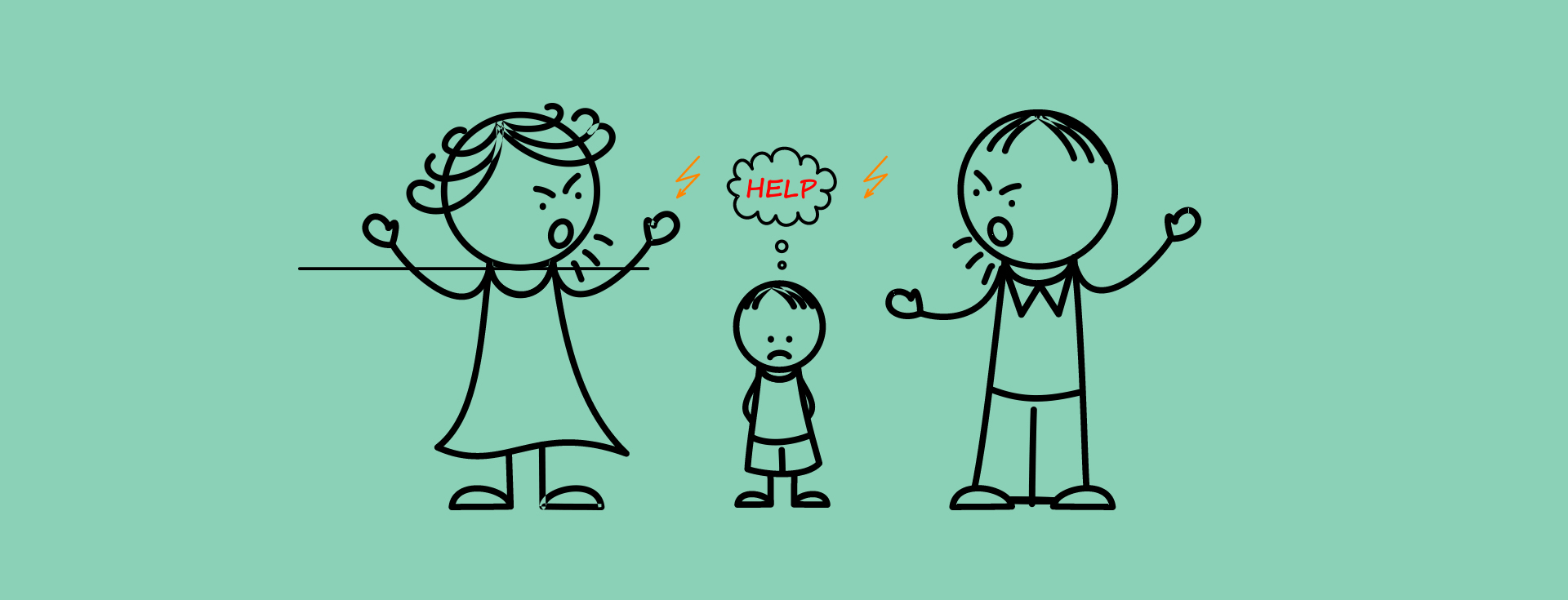“The Supreme Court stopped the video!” A wave rolled through the crowd of media waiting for the doors to open on the first day of the gay marriage trial. The defendants, the coalition that sponsored the prohibition on gay marriage, had gotten the Supreme Court to stop the public from seeing the biggest public trial of the decade. This re-enactment is as close as you’re going to get.
In the beginning this first day, the lawyers, long-time conservative turned gay rights advocate, Ted Olson, representing the gay men and lesbians who want to marry, and long-time conservative, Charles Cooper, representing the sponsors of the anti-same-sex marriage measure, make their opening arguments. Seemingly taking renowned counsel by surprise, Judge Vaughn Walker interrupts both plaintiffs’ and defendants’ set pieces repeatedly to ask probing questions. “What if California just got out of the marriage business altogether?” he asks Olson. “How does letting gay people marry harm the institution of marriage”? he throws at Cooper.
Then, for the first time in federal legal history, a gay person, Plaintiff Jeffrey Zarrillo, tells his story. Zarrillo and his would-be spouse, Paul Katami relate their eminently respectable jobs, their realization that they were and always would be gay, their romance and their desire to marry. The lesbian plaintiffs, Kristin Perry, a child protection specialist with the state, and her partner, Sandra Stier, do the same.
Jeffrey describes Paul as “the love of my life” (p 79, line 20-21) and Kristin Perry described attending a high school football game: “and we went up the bleachers and we were greeted with these smiling faces of other parents sitting there waiting for the game to start. And I was so acutely aware that I thought, they are all married and I’m not.” (p. 155, line 25 through p. 156, line 3). Paul Katami, voice cracking audibly, revealed why he struggles, constantly trying to “validate” himself: “I’m a proud man. I’m proud to be gay.” The impact of Katami’s statement on a courtroom packed with lawyers and media, many straight and familiar with the concept of pride, was palpable.
All the plaintiffs testified that they were offended and hurt by the campaign for Proposition 8, particularly the implication that they were a threat to children. In the only cross of the day, defendants’ lawyer presses Paul Katami to admit that parents should be left alone to teach children what to think about homosexuality in general and same-sex marriage in particular.
The day ends with the plaintiffs’ first expert, Nancy Cott, an histor who had left the highest status job at Yale to go to Harvard. Cott, and expert in the history of American marriage, testifies about how marriage was always a vehicle for the government to ensure that two adults are committed to caring for one another, but that within that frame, marriage changed enormously over the centuries.
